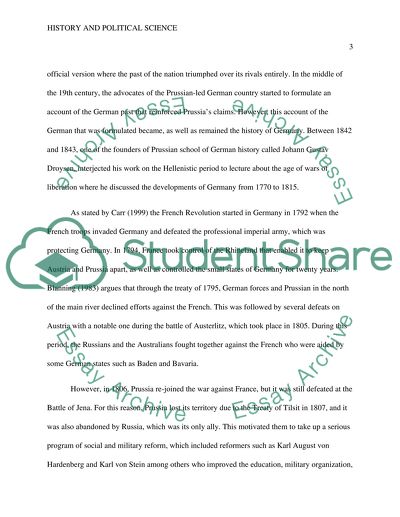Cite this document
(“'More talked about than done' (Ellis). Do you agree with this Essay”, n.d.)
Retrieved de https://studentshare.org/history/1438298--more-talked-about-than-done-ellis-do-you-agree
Retrieved de https://studentshare.org/history/1438298--more-talked-about-than-done-ellis-do-you-agree
('More Talked about Than done' (Ellis). Do You Agree With This Essay)
https://studentshare.org/history/1438298--more-talked-about-than-done-ellis-do-you-agree.
https://studentshare.org/history/1438298--more-talked-about-than-done-ellis-do-you-agree.
“'More Talked about Than done' (Ellis). Do You Agree With This Essay”, n.d. https://studentshare.org/history/1438298--more-talked-about-than-done-ellis-do-you-agree.


